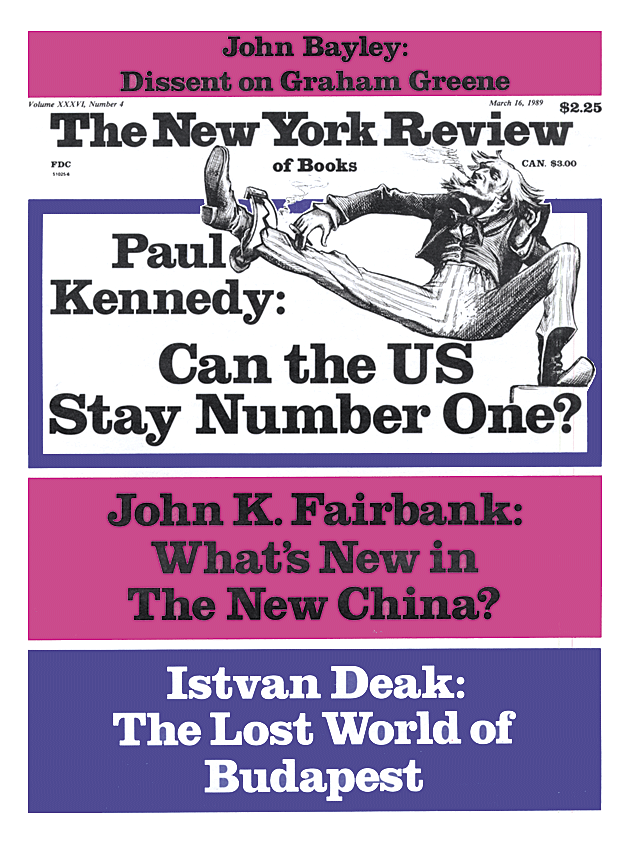To the Editors:
How can a writer reach his audience if he tries to publish in America? I have recently written a long article for a famous work of reference. I had the forethought to put into my contract that no change could be made to the text without my written agreement, but this made no difference: when I received the proofs, a copy editor had changed about nine sentences in ten. All my efforts to write simply and precisely are thwarted. “What counts is what you do” becomes “a person’s behaviour and deeds are what count.” Certain short words seem to be tabu; for instance, “but” the adversative is always replaced, either by “however” or, more commonly, by beginning the sentence with “although.” (“A, but B” becomes “Although A, B.”) “So” becomes “thus” or “therefore,” “for” becomes “because,” and “like” in the sense of resembling (“people like you”) becomes “such as.”
Some changes are said to be “house style”: a handwritten note on the first page warns me: “Author: house style is to avoid the use of the third person plural; this has been changed throughout.” I anticipated a linguistic tour de force, but soon found that this was just one more piece of editorial illiteracy: the tabu word is not “they” but “we.” This seems to be part of a general policy that one must not try to engage the reader. Trying to give a clear account of the Buddha’s teachings, I wrote: “The obvious question to ask is in what sense we exist, if we have no selves. The Buddha’s answer is that we are but bundles made up of five smaller kinds of bundles.” House rules turn this into: “In what sense do humans exist then, if they have no selves? The Buddha answered that people are mere bundles consisting of five smaller types of bundles.” The trouble is that the “we” refers not only to humans but to all sentient beings—rather a clumsy phrase to substitute.
Complaining, I was granted not the printing of my original text but the services of a remedial copy editor. He rang me up across the Atlantic to say that he could not understand a sentence in which I gave a “lower limit” for a date: “I think of time as a line moving upwards.” I find that Webster’s Dictionary says that “low” can mean “relatively recent”; in other cases too, their questions show that the copy editors do not use that useful work.
What is printed over the names of authors and authorities is not in their words, so how often does it convey their meaning? While pondering this, can we take any practical steps? To start with, I suggest that you run a competition in which readers are invited to restore copy-edited quotations. Unless we can squash the copy editors, we writers shall never be heard and English will die, for humans are of the type of material that constitutes dreams, and their relatively brief existences terminate, as well as taking their inception, in a state of unconsciousness.
Richard F. Gombrich
Balliol College
Oxford, England
This Issue
March 16, 1989


